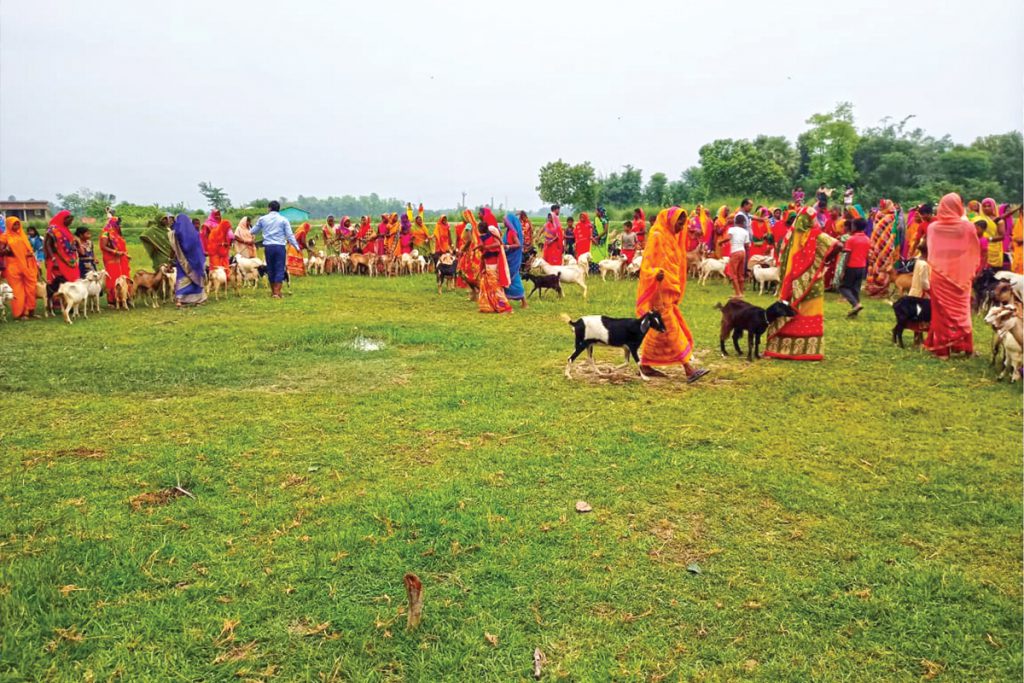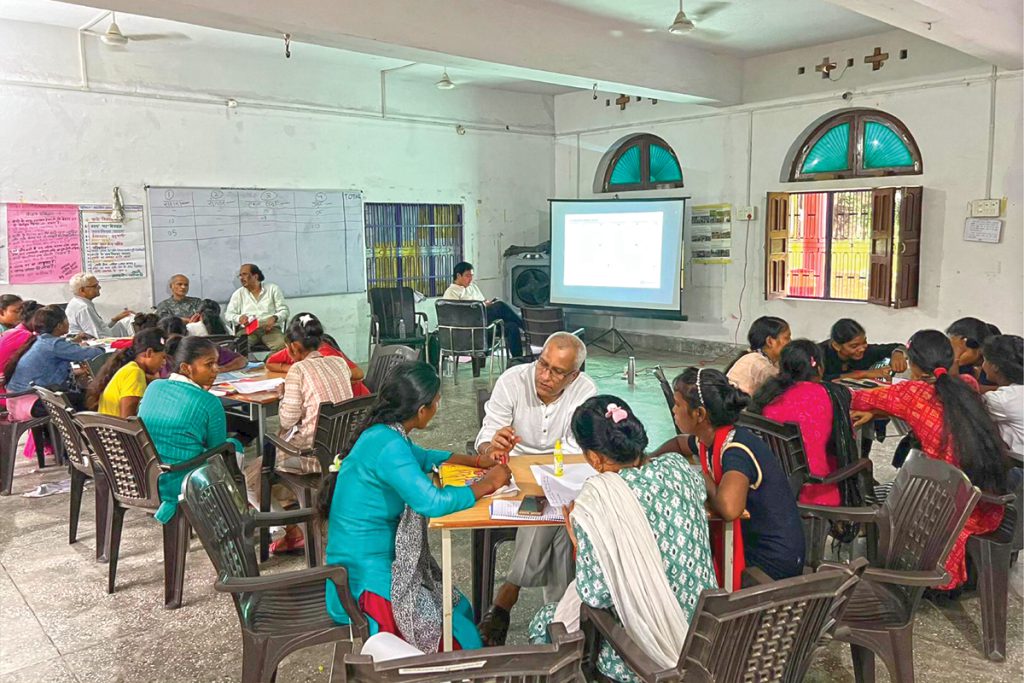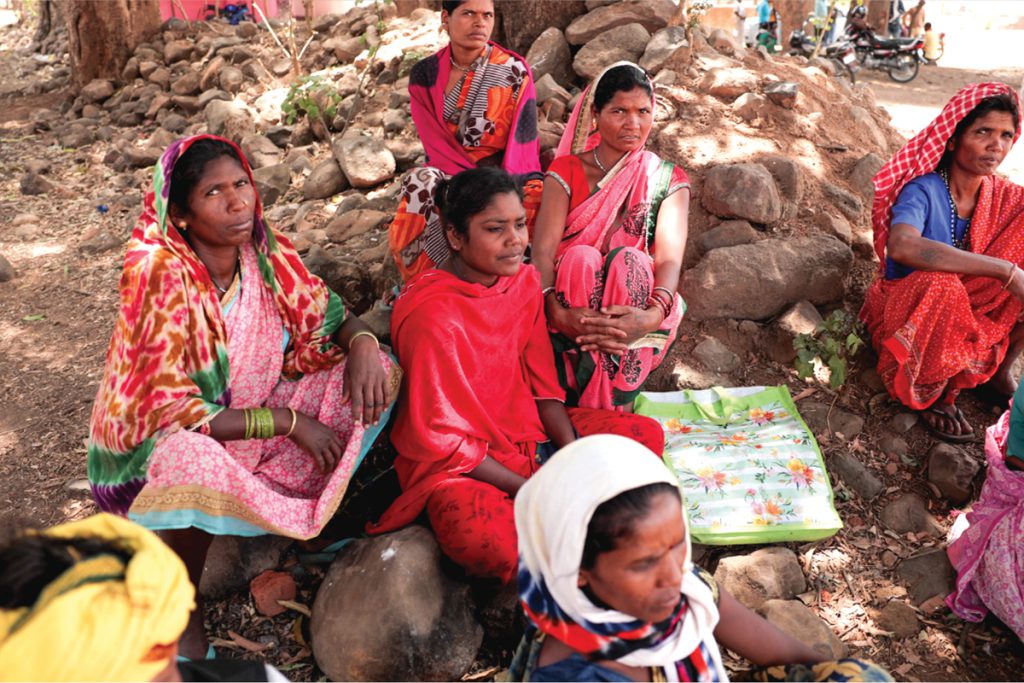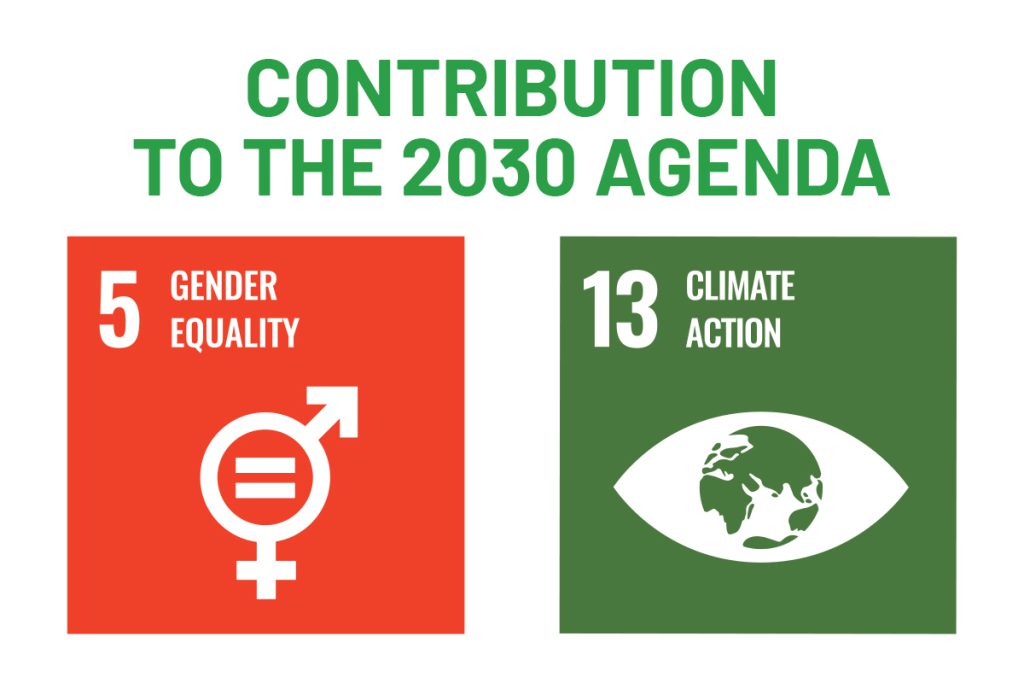In the face of climate change, the agriculture and water sectors stand at a critical juncture. As the impacts of rising temperatures, erratic rainfall, and resource depletion intensify, the need for inclusive and sustainable solutions has never been more urgent. Women, who play a vital role in these sectors, are leading a quiet revolution – breaking barriers and driving forward Diversity, Equity, and Inclusion (DEI) to shape a more resilient future.
The Gender Lens in Climate Adaptation
Women make up a significant portion of the agricultural workforce, particularly in rural India, yet their contributions remain often underrecognized. They are the stewards of water resources, responsible for household water management and small-scale irrigation. However, access to critical resources such as land ownership, credit, and climate-smart technologies, continues to be skewed in favour of men. Addressing this disparity is not just a matter of social justice but a necessity for effective climate adaptation.

Studies show that when women have greater control over agricultural and water-related decision-making, productivity increases, and communities become more resilient. Women farmers are more likely to adopt sustainable farming practices, diversify crops, and invest in water conservation techniques. In the face of climate variability, their traditional knowledge, combined with modern climate-resilient approaches, creates a powerful force for transformation.
Research from the Food and Agriculture Organization (FAO) and the International Food Policy Research Institute (IFPRI) highlights that closing the gender gap in access to agricultural resources could increase farm yields by 20-30% and reduce hunger by up to 17% globally.1,2 A 2021 FAO report also found that women with secure land tenure invest more in soil conservation and reforestation, contributing directly to long-term resilience. Additionally, a World Bank study in Sub-Saharan Africa observed that providing women farmers with the same access to productive resources as men could boost agricultural output by up to 4%.3
DEI principles must be embedded in climate adaptation strategies to ensure that women are not just beneficiaries but active decision-makers. This requires targeted policies, gender-responsive budgeting, and capacity-building initiatives. Financial institutions, development agencies, and local governments must create pathways for women to access resources, leadership roles, and climate-smart innovations.
A successful example is the Adaptation Fund’s Gender Policy, which mandates gender-responsive project design and implementation. In India, NABARD’s climate adaptation initiatives have increasingly recognised women’s contributions, leading to the development of women-led agro-business cooperatives. The Mahatma Gandhi National Rural Employment Guarantee Act (MGNREGA) has also played a role in promoting gender equity by employing women in water conservation and afforestation projects, improving both livelihoods and ecological sustainability.
The Green Climate Fund (GCF) Gender Policy is another key initiative that integrates gender considerations into climate finance. The policy ensures that GCF-funded projects promote gender equality and empower women as decision-makers in climate adaptation efforts. By prioritising women’s leadership in the project design, implementation, and benefit-sharing, the GCF fosters more effective and inclusive adaptation solutions. This approach is particularly relevant in agriculture and water resource management, where equitable access to finance and technology can significantly enhance resilience and productivity.
CAFRI II and its role in gender-transformative climate adaptation
The Indo-German development cooperation project ‘Climate Adaptation and Finance in Rural India (CAFRI II)’, implemented by the Deutsche Gesellschaft für Internationale Zusammenarbeit (GIZ) GmbH on behalf of the Federal Ministry for Economic Cooperation and Development (BMZ) supports this vision. It is working to integrate gender-sensitive approaches into climate finance mechanisms and strengthen institutional frameworks that support women’s leadership in rural climate adaptation.

By partnering with financial institutions such as NABARD and engaging with grassroots women’s groups, the project aims to channel climate finance to women-led enterprises, promote gender-equitable credit access, and ensure that adaptation investments benefit women farmers and water resource managers.
CAFRI II leads an initiative to integrate climate resilience and gender into agriculture and water sectors at local level. The project is developing a Decision Support Tool (DST) for policy makers and other relevant stakeholders to enable them to select measures in the above two sectors that are climate risk informed, gender responsive and best suited for local conditions. The DST offers a Comprehensive Climate Risk Assessment at block level with a strong focus on gender integration through gender vulnerability assessments conducted in villages that have been identified as climate risk hotspots.
The Road Ahead: Women as Catalysts for Change
The future of climate adaptation in agriculture and water lies in inclusive leadership. Women are already driving change, from pioneering climate-resilient farming techniques to leading local water governance structures. Scaling up these successes requires systemic change: stronger institutional support, targeted investments, and a cultural shift that recognises women as equal stakeholders in climate action.
A study by the International Institute for Environment and Development (IIED) found that community-led adaptation initiatives led by women were more effective in sustaining long-term resilience than top-down interventions. In Bangladesh, female farmers trained in climate-resilient rice farming techniques saw a 15% increase in yields despite climate shocks. Similarly, in Ethiopia, female cooperative members practicing conservation agriculture reported higher food security than non-members, proving the tangible benefits of inclusive agricultural policies.

To accelerate progress, policymakers must increase funding for gender-responsive climate initiatives. Governments and private sector players should prioritise integrating DEI frameworks into national adaptation plans and climate finance policies. This includes expanding access to microfinance for women-led climate solutions and scaling up training programmes for women in sustainable agriculture and water management.
The DEI revolution in climate adaptation is not just about inclusion; it is about unlocking potential. Women’s leadership in agriculture and water is key to building climate-resilient communities and sustainable economies. As we continue this journey, we must ensure that gender equality is not an afterthought but a cornerstone of our climate adaptation efforts.
Hauke Waszkewitz is Advisor, Climate Adaptation, Resilience and Climate Finance in Rural India (CAFRI), GIZ India.

Disclaimer: This article reflects the personal opinion of the author.
https://www.fao.org/gender/the-status-of-women-in-agrifood-systems/en


